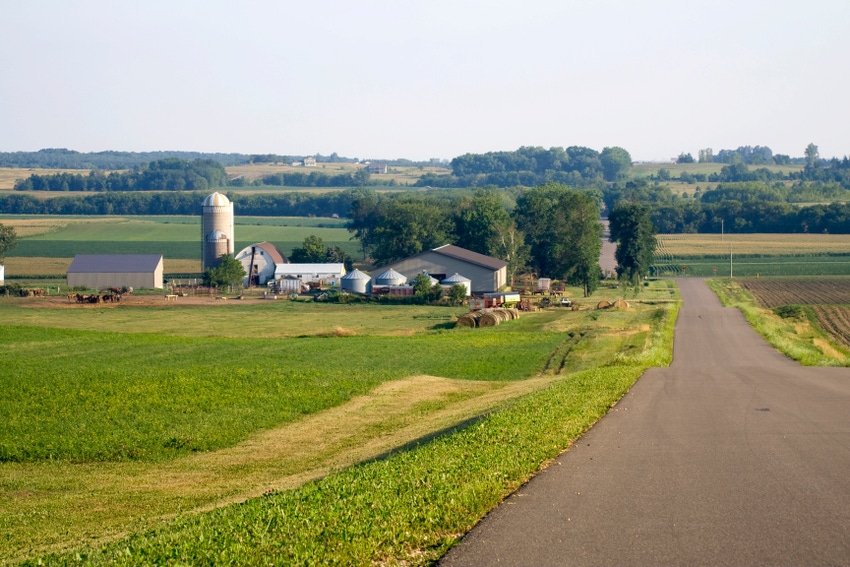
Farming happens to be a business where several major factors are out of our immediate control – more so than in some other businesses. I’m thinking about weather and markets here.
This means farm leaders must be on top of planning. This isn’t trying to control the uncontrollable with plans. Rather, the act of planning helps us think through the different possibilities and scenarios we might encounter.
Or maybe we’ve always thought certain types of planning are useless in farming, so we don’t do it. This is the “hope everything works out” mentality. It might seem freeing or flexible, but it actually has the result of making us more attached to ideal outcomes.
When things change
Our “Plan A” is the ideal situation – where everything works out just the way we hoped. It’s what we truly want for our farm. But we also know that in the global economy that surrounds us, everything can change in an instant. It’s best not to become attached to the “best case” type of scenario, but to be more realistic about what can – and often does – happen.
So what can we do when Plan A goes out the window? First, we need to know our true breakeven and update it regularly. That way, we know the reality of what we’re dealing with and can run our business accordingly.
When we take a realistic approach to planning, we don’t ignore the factors that are out of our hands. We have to first acknowledge that those factors exist and that – yes, they can and do affect our operation.
Then we can turn our full attention to what we can control – areas where we can take action to impact the success of our operation. Realistic scenario planning, in itself, is one of those areas.
Plan for flexibility
Scenario planning allows you to basically look out into the future and consider the different ways that your upcoming crop year may go. Yes, there is a particular Plan A that would be great if it happened, but to also let go of that and know that there are many other possibilities.
It can be helpful to work with a market advisor for your farm who helps you think through different scenarios and uses financial tools as you get plans in place for your operation. They can help you make flexible and agile plans that respond to changes in the market and in your operation.
Doing this type of planning – during the winter before the crop year actually starts – can help bring a lot of peace of mind as springtime approaches. You won’t have to hope that everything lines up perfectly for a Plan A scenario.
How have you started planning for the 2019 crop year? Do you typically look at a variety of scenarios that could happen around yield and price? Do you ever find yourself becoming attached to a particular outcome and not looking at how you might realistically deal with other scenarios?
Consider working with our market advisors – who can help get flexible plans in place for 2019, tailored to your goals and your operation.
The opinions of the author are not necessarily those of Farm Futures or Farm Progress.
About the Author(s)
You May Also Like






